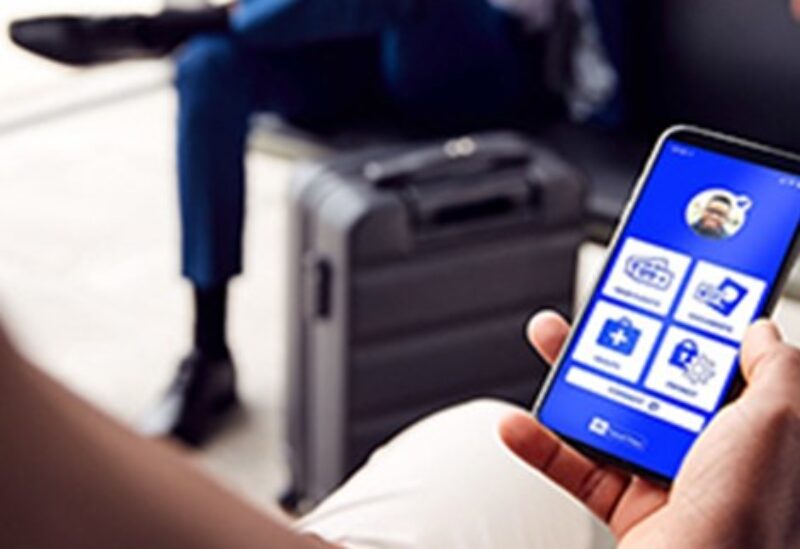
Iata travel-pass
The International Air Transport Association and the World Tourism Organisation launched a destination tracker to help passengers have access to the latest Covid-19 updates as international travel cautiously picks up.
The collaboration between Iata and the UN agency will help “boost confidence and accelerate recovery” of the tourism sector when borders reopen, Iata said in a statement on Saturday.
“When governments have the confidence to re-open borders people will be eager to travel. And they will need accurate information to guide them,” said Iata director general Willie Walsh.
The Covid-19 crisis is forecast to remove an additional 7 billion passengers by the end of 2021, representing a decline of 47.5 per cent in global passenger traffic, according to Airport Council International. Although an accelerated vaccine roll-out and reducing cross-border restrictions are encouraging signs, international air travel is expected to remain weak during the first six months of this year, ACI said.
The UNWTO-Iata destination trackers will work with governments and national tourism organisations to help travellers and travel agencies obtain the latest information for safe and efficient planning, he added.
The destination tracker is available on the websites of both Iata and the World Tourism Organisation websites.
The tracker will show information on infection rates, positivity rates and vaccination roll-out data by country and destination.
It will also display air travel regulations, including test and quarantine requirements provided by Iata’s ‘Timatic’ solution.
Safety measures in places at the destination country including use of masks, rules regarding transiting through the country, and regulations such as dining out and visiting attractions will be supported by local tourism organisations.
The tracker will help plug a gap in providing clarity on tourism, according to Iata.
One in three destinations around the world remains closed to tourism, according to the World Tourism Organisation and services such as the joint tracker is needed to get up-to-date rules and regulation.
“Travellers and companies will be able to check requirements in place for air travel, as well as what measures will be in place at the visited destination,” UNWTO secretary general Zurab Pololikashvili said.
With all required data in one place, the tracker will also help governments in cautiously reopening borders.
The measure is the latest adopted by global airlines to facilitate safe travel amid continuing resurgence of Covid-19 in parts of the world.
Airlines such as Etihad Airways and Emirates are trialling Iata’s Travel Pass, a coronavirus “digital travel passport” that allows users to upload pre-departure test results via an app.
Running until May 31, passengers travelling between Abu Dhabi to Chicago, New York, Washington and Toronto, can download the app and then book an appointment with an accredited testing facility.
On Friday, Bahrain and Israel said they will allow residents who have been vaccinated against Covid-19 to travel between the two countries without quarantining.
The so-called “green” passport will allow residents to travel without restriction between Bahrain and Israel, though details have not yet been released on when the programme will start.
Global airlines are still reeling from the impact of the pandemic and their revenue is expected to take longer to recover from the Covid-19-driven slowdown than previously estimated, Iata said last week.
Industry revenue this year is only likely to recover to 43 per cent of 2019 level, compared with a previous forecast in December of 55 per cent, the global airlines’ trade body said.
Travel restrictions that remain in place in many countries mean that a return to break-even for the industry is no longer likely this year
Airlines globally are forecast to make a loss of $47.7 billion this year, although this is a 62 per cent reduction on the $126.4bn lost last year, it said.
The industry is likely to burn through about $81bn of cash in 2021, on top of about $149bn last year. Government measures have helped and airlines have taken drastic steps to reduce overheads.